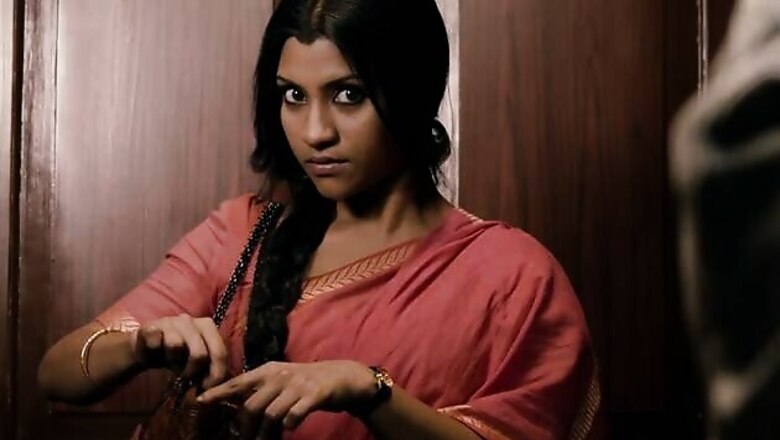
views
New Delhi: The trends suggest that commercial filmmakers like to follow the path much travelled rather than trying their hands at something new in the Hindi film industry. However, there are people who are trying to strike a balance between commercial and critical aspects. Here is my list of ten such directors who have found equilibrium with their films in 2013.
Shoojit Sircar (Madras Cafe): Yes, I have problems with the film's politics and the philosophy it preaches, but still I give credit to Shoojit Sircar for making a Hollywood style thriller. The landscapes and the presentation of international nexus of politicians-spies-businessmen was something that really impressed me. The fast cutting and long shots of war torn areas were captivating in the film.
Neeraj Pandey (Special 26): I believe this film could have worked even without that Akshay Kumar-Kajal Aggarwal song. The tempo was just fine and tension kept rising. Most of the audience didn't anticipate Jimmy Shergill's character change in the story, and some fantastically written scenes kept me glued to my seat throughout the film. The Bara Bazaar robbery scene is my favourite.
Anand L Rai (Raanjhanaa): It's a debatable point whether the film was actually experimental or not, but I am in favour of Rai because rarely do we directors who present their central-female character in a different light. Plus, Benares' portrayal in 'Raanjhanaa' was much more authentic than many Bollywood films. Who would have chosen non-Hindi speaking Dhanush as a boy from Hindi heartland?
Anand Gandhi (Ship Of Theseus): You can accuse Gandhi of heavy-duty terminology and overt intellectualism, but his film presented some complex ideas in a really simple manner. The monk story was like a revelation for me as I had never thought that the paradox of personal, private and public can be shown in such a straightforward way. The twist of the photographer's story was subtle, well directed and shocking at more than one level.
Ritesh Batra (The Lunchbox): You didn't see Bharti Achrekar but she was omnipresent. Can you remember the scene where Nimrat Kaur's father dies and her mother (Lillete Dubey) says, 'Mujhe bahut bhookh lagi hai?' from the background track of Mumbai's favourite 'Dabbawala' song to Shaikh's (Nawazuddin Siddiqui) innocence, it gave me many cherishing moments.
Subhash Kapoor (Jolly LLB): At the risk of sounding audacious, I would say I found 'Jolly LLB' close to 'And Justice For All'. The film's undertone was tilted in favour of the common people and that gave it a lot of additional value. My only problem with the film is its climax where the judge passes a verdict in favour of Arshad Warsi just because of his emotional speech rather than some concrete arguments.
Kannan Iyer (Ek Thi Daayan): This was a film which was killed by a super filmy climax. It remains one of the most riveting supernatural stories till Kalki's arrival. Iyer opened a whole new world of imagination and possibilities for the spectators. Since the opening moment when the camera captures the road behind the performance ground to the doctor's hypnotism act, frames transported the viewers to a different world.
Vikramaditya Motwane (Lootera): This is the only film in my list which thrived more because of its secondary characters than the principal actors. 'Lootera' also suffered from the curse of second half despite setting a brilliant premise in the first half. The use of O Henry's story also didn't go down well with me, but this was almost a complete film. From costume to music, everything carried the director's impression.
Hansal Mehta (Shahid): No big stars, no high profile names on the board, no huge publicity, basically all the ingredients of a sure-to-be-missed film in typical senses. But, what happened is a case study in itself. This film and the director had to be in my list because I strongly believe that cinema and society are not two mutually exclusive zones.
Ashima Chibber (Mere Dad Ki Maruti): Why is this film in my list? Because it took us to Chandigarh where some newcomers were busy in their own 'wannabe' world. Yes, I know that 'Fukrey', 'Nautanki Saala' and many more films have a similar texture, but they don't have any 'Chandigarh ki Shakira'. You see what I mean? 'Mere Dad Ki Maruti' displayed the weirdness of a small towner via a well thought out script.




















Comments
0 comment